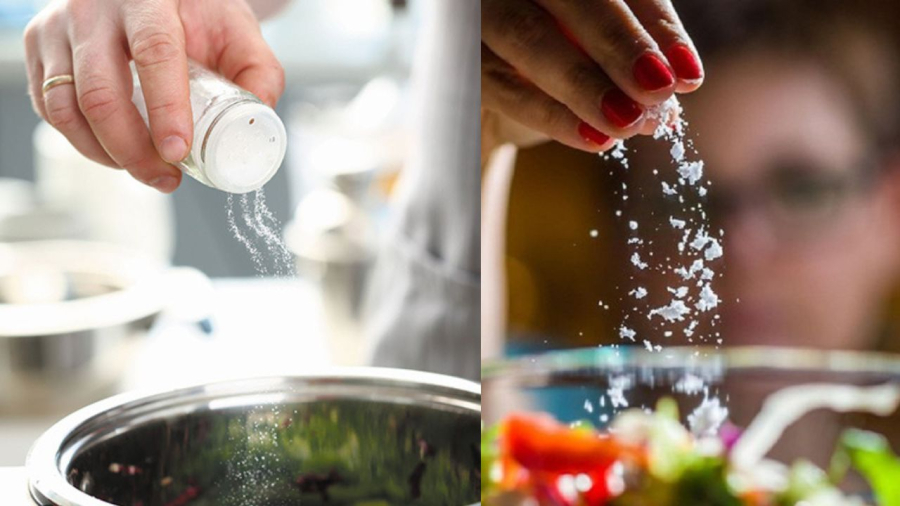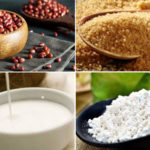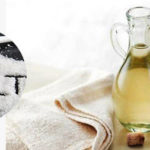Salt, fish sauce, pepper, sugar, monosodium glutamate, and seasoning powder are essential seasonings that are almost indispensable in daily cooking. However, many people are unclear about when to add these seasonings, whether to add them before or after cooking, whether to add them all at once or in a specific order. Adding seasonings at different times can affect the quality of the dishes. So, here’s what you need to remember:

Using salt
Salt is the main seasoning in a dish. But if you add salt incorrectly, it can make the dish taste sour or too salty. If it’s a braised dish, you should add salt before marinating the food and then braise it to let the seasoning penetrate evenly. For soups, especially bone broth, you should braise the bones first and add salt when the soup is almost cooked. Adding salt to the bones while braising will make them sour.
For boiled dishes, you should add salt when the water is boiling and then add the vegetables to help them retain their green color and enhance their flavor.
If it’s iodized salt, you should not add it to the food for too long as it will alter the value of iodine. Therefore, you should use regular salt in braised dishes. As for iodized salt, you can add it to stir-fries and soups.
Using monosodium glutamate
Monosodium glutamate is a seasoning that enhances the umami taste, and many people are “addicted” to it. However, when monosodium glutamate is heated for a long time, it can produce toxic substances. Therefore, you should add monosodium glutamate when the food is already cooked. For example, in soups and stir-fried dishes, you should add the monosodium glutamate and then remove them from the heat. For braised dishes and stir-fried dishes, you should add it to the sauce at the end to reduce the reheating time.

Using fish sauce
Fish sauce not only adds salty and umami flavors to dishes but also has a distinct aroma. Therefore, you should not add fish sauce too early to avoid losing the flavor and changing the aroma. For porridge, soup, stir-fried dishes, and braised dishes, you should only add fish sauce when the food is fully cooked. For braised fish dishes, you should marinate the other seasonings first and then add fish sauce before cooking. You should not marinate fish sauce for more than 30 minutes as it will lose the flavor.
Using seasoning powder
Seasoning powder contains salt, monosodium glutamate, and flavorings. Therefore, you should add seasoning powder when marinating ingredients for braised dishes. As for soups, you should add seasoning powder when preparing to serve.
Using sugar
Sugar can easily burn at high temperatures, so you should not add sugar when the food is still dry. If it’s a grilled dish, you can sprinkle sugar on it to create a slightly burnt aroma, and then if you want it to be sweeter, you can mix sugar with dipping sauce. Adding all the sugar to marinate before grilling will cause the dish to become black due to the burnt sugar.
In braised dishes, you should marinate the sugar with the ingredients before cooking. When the dish is almost dry, you should pay attention to prevent it from burning. For stir-fried dishes, you should add sugar when they are almost cooked.
Another thing to remember is that you should add the seasonings that take longer to infuse first. And add chili last. Because chili creates a spicy taste that numbs the tongue, if you add it first, the taste will not be accurate. Therefore, chili should be added last.



































